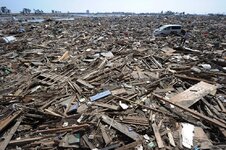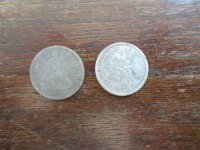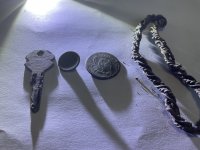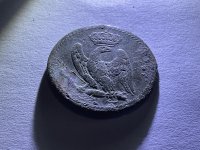Billinoregon
Sr. Member
Friends, I am not trying to be morbid or uncaring here, but I am curious what effect a tsunami has on beach strata. I am wondering if there is any anecdotal evidence regarding conditions after the Indian Ocean tsunami in 2004 and the tsunami in Japan in 2011, and what challenges or opportunities they eventually presented to detectorists. I ask because I live in a state -- Oregon -- whose entire coastline up to as much as 100 feet above sea level is at grave and imminent risk from a Cascadia subduction zone earthquake and tsunami. I realize that it might be months or years before infrastructure could be restored to even allow access to the coastal zone in the worst-case scenario, so this is mostly a hypothetical exercise.








